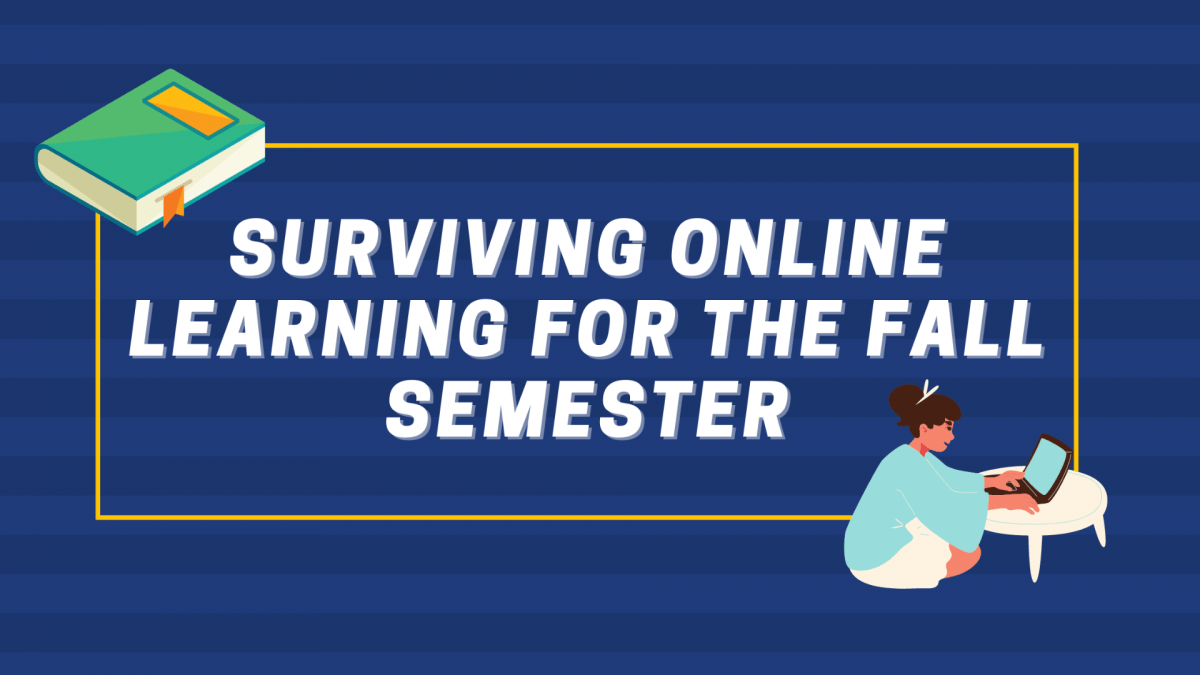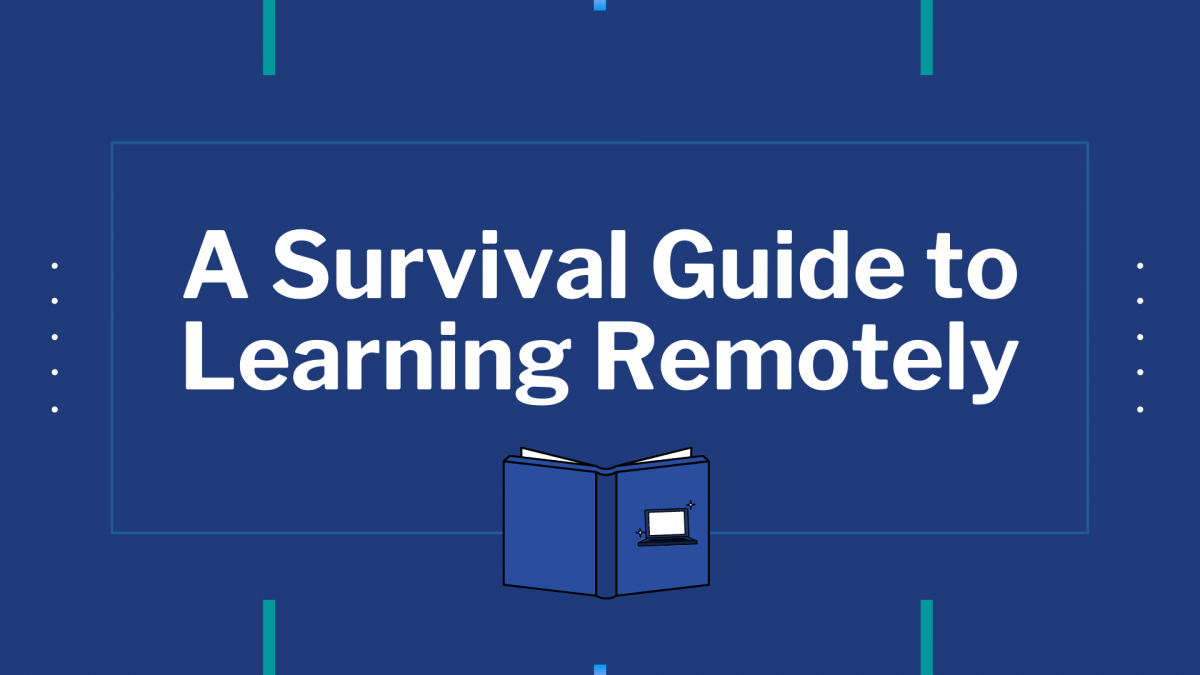A majority of Pace University students are now taking some, if not all, of their classes online. The switch earlier this year in March has made many of our matriculating students more than familiar with the concept of remote learning. However, the transition for our first-year students may not exactly be the same. Fortunately enough, our new students have done an amazing job adjusting to this new learning environment. During those few months of online learning throughout the previous semester, in addition to my learning experience over the summer, I’ve accumulated a handful of tips that can be beneficial to my peers here at Pace. Whether you’re a first-year student or not, these tips have the potential to improve the online learning experience of any student for the fall semester.
Tip Number One: Make a Schedule
Building on the advice of one of our earlier articles, having a schedule is essential to keeping track of your work for the following months. In addition to that, using a planner can also make a world of a difference when organizing your tasks for each day. I’ve found that having a calendar makes it easier for me to know when I’m free to catch up on homework, and having a planner allows me to make a list of assignments that need to be tackled each day.
Tip Number Two: Try to Wake Up At a Reasonable Time
Waking up at a reasonable time should not be out of the question, even for online learning. Resist the urge to stay in bed and try waking up early enough to do somewhat of a morning routine. Whether that includes grabbing coffee or doing yoga, having a morning routine should give you enough time to become fully alert for class.
Tip Number Three: Dress Up for Class
Even though classes are online, dressing the part can put you in a more productive mindset for learning. When getting ready, try wearing a piece or two that signifies that it’s time to work. This should be something comfortable, but not too comfortable, that way you don’t feel inclined to crawl back into bed afterwards.
Tip Number Four: Find Proper Lighting
This one is not just for the sake of looking decent during a Zoom call. Lighting has a significant impact on our productivity. If you’re getting ready for class, try to stay in a well-lit area so that you are alert and focused. Dimly lit areas can make you feel sleepy and unmotivated to do work so try your best to avoid them if you can.
Tip Number Five: Use Headphones
If you own a set of headphones, try using them, especially when you’re in a noisy environment. Noise-canceling headphones are especially helpful with blocking out sound so that you can stay focused during lectures.
Tip Number Six: Let Others Know When You’re Busy
If you live with other people, let them know when you’re busy so that they don’t interrupt you while you’re working. One way you can do this is by sharing your schedule with them so that they know in advance when not to disturb you. Or, if you have a room to yourself you can try putting a note on your door to let others know that you’re preoccupied.
Tip Number Seven: Make Time for Yourself
Setting aside time for yourself is one of the biggest keys to being productive. Little things like designating times for work and self-care can help you feel more focused when you’re working and more relaxed when you’re not. Figure out ways to destress and try implementing a few of them into your daily routine.
Tip Number Eight: Unplug When You Can
One of the biggest issues I faced when transitioning to online classes was the burnout from using technology way too much. I was on my laptop for school and work, plus a majority of the ways I de-stressed included the use of my laptop, TV, or Switch. When you can, please try to take a few moments out of your day to do an activity that doesn’t require a screen—like reading a book (paperback or hardcover), going for a walk, playing a board game, etc.
Tip Number Nine: Set Timers When Working
This trick has worked wonders for me during my time in high school up until now. The method I’ll be sharing is heavily inspired by the Pomodoro Technique. When I have an assignment to do, I usually set a timer for about an hour and commit myself to working with no breaks during that time frame. After an hour is up, I take a fifteen to twenty-minute break and then repeat. I find that doing this makes me way more productive than doing work for hours on end.
Tip Number Ten: Boost Your Productivity
When you’re feeling overwhelmed, but still want to get some work done, try doing other tasks that are not as difficult to complete. This should be something easy for you to do both physically and mentally, that way you can still get things done without overworking yourself. If at any point you’re feeling too overwhelmed to do anything at all, then taking a break is certainly the most productive thing you can do.
Online learning has definitely been a learning curve for everyone, however, these tips can help make the adjustment into this new learning environment a lot easier. With so much uncertainty surrounding the continued practice of learning online, growing accustomed to it from now can help normalize its use until it is safe to return to regular in-person classes.




















